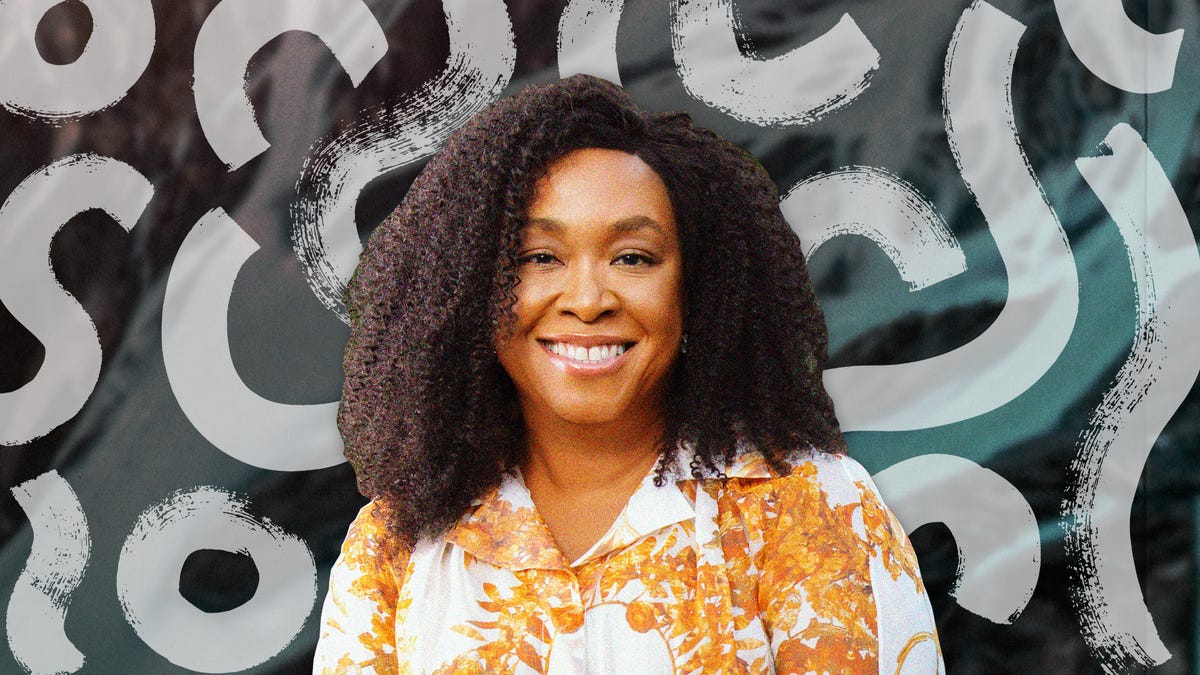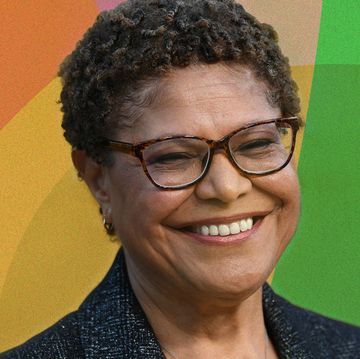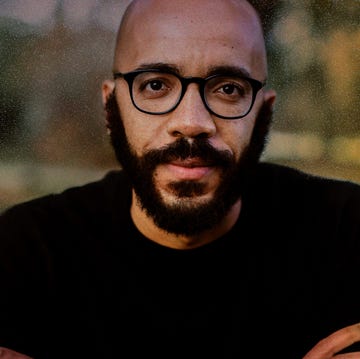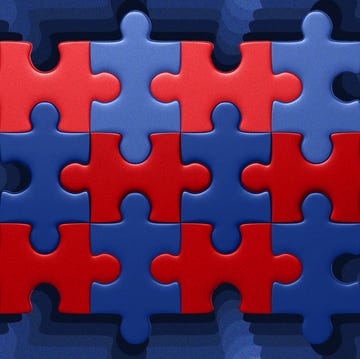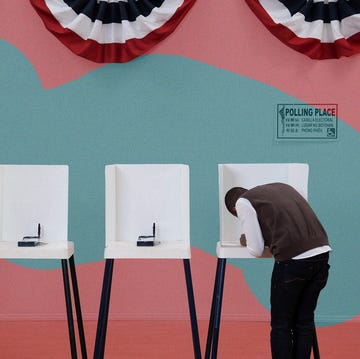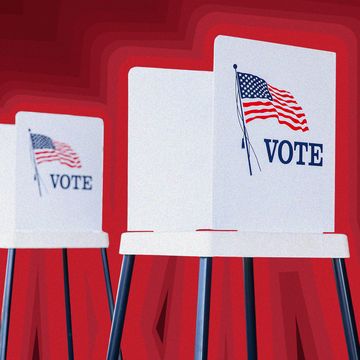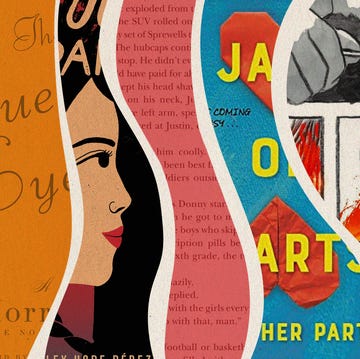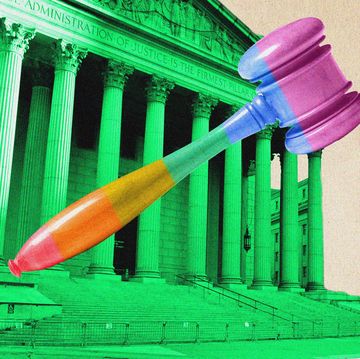In the story of us, of America, Black women have often been cast as inherently unqualified. For jobs, as spouses, executives, leaders… unless one of us is some version of a no-nonsense, neck rolling “troublemaker,” fixing someone else’s problem. Even the most proven and educated of us have routinely had our hard-earned credentials set aside as untrustworthy.
When we apply for jobs, the discussions in boardrooms—where our resumes are put on trial—and in public discourse, is usually, “Wow! That’s impressive. It looks like she’s competitive and more experienced than other candidates, but (I can’t trust my lying eyes) is she qualified?” As if there is no way one of us could one day be throwing our hat in the ring for the role of, I don’t know, vice president, or U.S. Supreme Court justice.
What the nomination of Judge Ketanji Brown Jackson means for the Black community is that there is one less lie to contend with. Jackson is the most qualified candidate of any racial profile—if race is your main measure—and what this means in U.S. politics and for women in U.S. politics, especially during these fragile times, is that this is a step in the right direction for those of us who want to see our country do well.
It’s time for us to start telling the truth to each other.
Jackson was a longtime federal public defender representing defendants who did not have the means to pay for a lawyer. She was confirmed with bipartisan support to the U.S. Court of Appeals for the Washington, D.C., Circuit in 2021, was nominated district court judge for the U.S. District Court for the District of Columbia in 2012, and confirmed with bipartisan support in 2013.
Jackson was confirmed in 2010 with bipartisan support as vice chair of the U.S. Sentencing Commission. Prior to serving as a judge, she was mentored by U.S. Supreme Court Justice Breyer and served as his law clerk. Jackson also served on the U.S. Sentencing Commission, where her focus was on reducing unwarranted sentencing disparities and ensuring that federal sentences were just and proportionate. She is a candidate of exceptional qualifications, and to compare, 94% of U.S. Supreme Court Justices have been white men, and not all of them were even lawyers.
President Joe Biden’s nomination marks the first time in the 230-year history of SCOTUS that a Black woman has ever been nominated, and he's correct in realizing that the time is now. The country needs a Black woman Supreme Court justice—one who is not just brown skin stretched over politics but one who is committed to equal justice for all. Organizations like She Will Rise had been advocating for this needed progress for too long without results—until now.
To be clear, race is an essential ingredient of American history. American slavery is one of the oldest institutions in our system, founded just 12 years after the settling the colonies. How Black Americans came to this country and the knowledge of the mess (and progress) that followed is essential in how we make sense of our present and how we move forward into a world we imagine—one where we can truly honor our American pledge, “One nation, under God.” Even that sentence is controversial and it begs the question: Can we still move forward together knowing who we’ve said we are?
I’ve been an attorney for 20 years and was in a meeting with another Black attorney, Charles Hamilton, when we heard the news of the nomination of Judge Jackson. For me, rare have been the days when there was another Black woman attorney or judge in a courtroom.
A sort of melancholy befell the both of us with the announcement. Charles said, “It’s a bittersweet payoff, isn’t it? For all of the superhero exertions that the entire culture—white institutions and Black people alike, demand of Black women—this is meaningful. At least the struggle is not for naught.”
I am resigned to the fact that struggle is ongoing and forever, that its fruit benefits our future. I can still imagine a world of peace even as violence rages, a world where every person regards war and warlike violence—no matter the side you’re on—as revolting as killing and eating live human babies in front of their doting parents. Because war like injustices should be that personal and that disgusting, even if it’s not you involved. I imagine a world where a country or nation’s displays of self-pride are no more than talent shows.
What the nomination of Judge Kentaji Brown Jackson means for the Black community and for women who think and feel as I do, is that maybe we’re moving toward rightness in this area of struggle and today we can claim our victory.
Get Shondaland directly in your inbox: SUBSCRIBE TODAY


